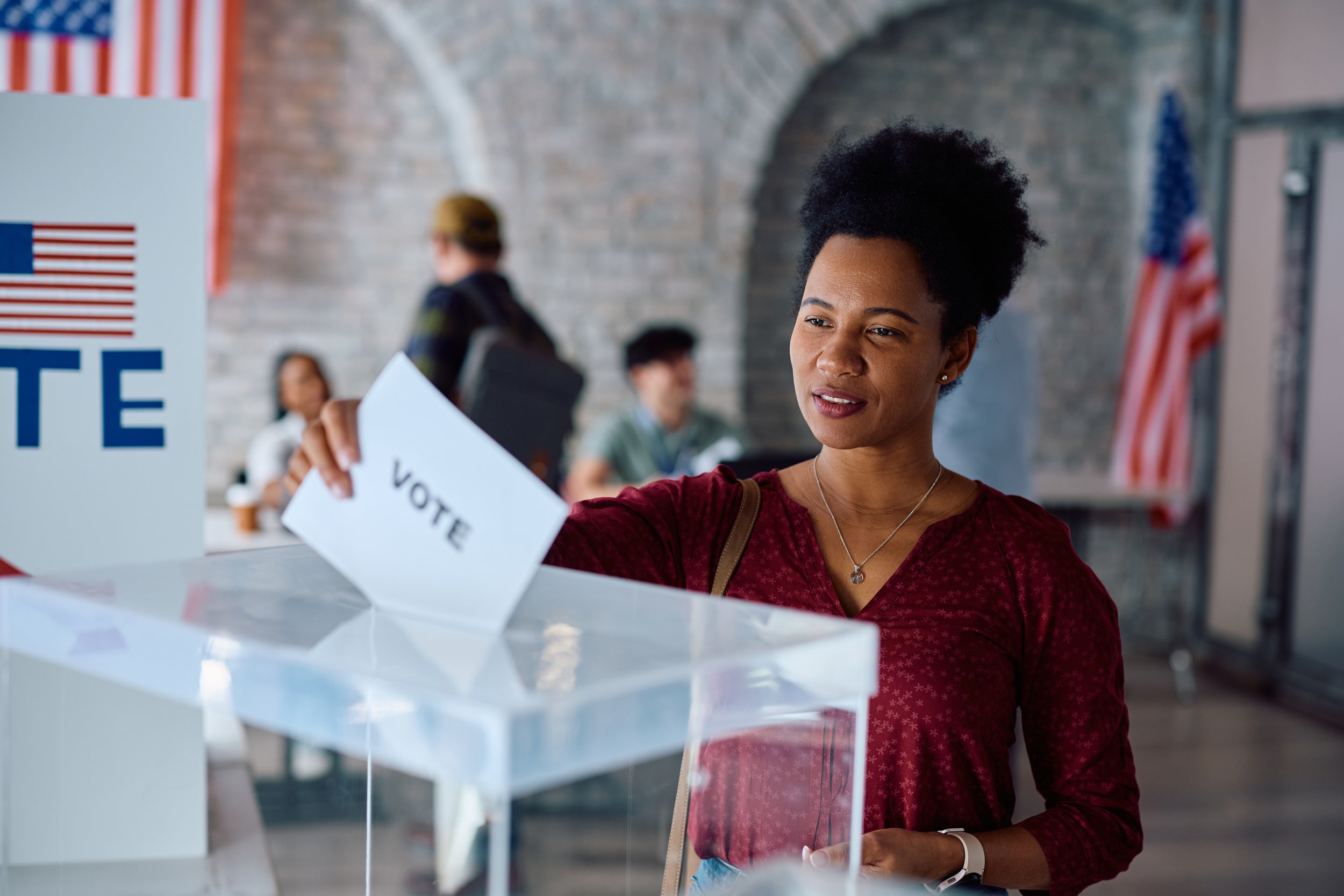
John Lewis
Voter Rights Act
The John Lewis Voting Rights Advancement Act would strengthen voting rights by expanding and strengthening the government's ability to respond to voting discrimination.
The Voting Rights Act of 1965 included a requirement designed to ensure minority voters across the country can participate equally in the electoral process. This prohibited discriminatory voting practices and removed many barriers to voting. That law ensured minority voters would have some recourse against discriminatory practices. In, June 2013 in the case Shelby County v. Holder, the Supreme Court invalidated a key provision of it. Among the invalidated provisions was an enforcement mechanism that prevented states from making changes to voting laws and practices if they have a history of voting discrimination, unless they clear those changes through federal officials.
The John Lewis Voting Rights Advancement Act would updated the Voting Rights Act formula determining which states and localities have a pattern of discrimination; it would ensure that last-minute voting changes do not adversely affect voters by requiring officials to publicly announce all voting changes at least 180 days before an election; and expand the government’s authority to send federal observers to any jurisdiction where there may be a substantial risk of discrimination at the polls on Election Day or during an early voting period.
Since the Supreme Court’s decision, states and localities have actively pushed forward discriminatory changes to voting practices, such as changing district boundaries to disadvantage select voters, instituting more strenuous voter identification laws, and changing polling locations with little notice. These laws especially disenfranchise people of color, the elderly, and low-income people. Voters are more vulnerable to discrimination now than at any time since the Voting Rights Act was first signed into law.
